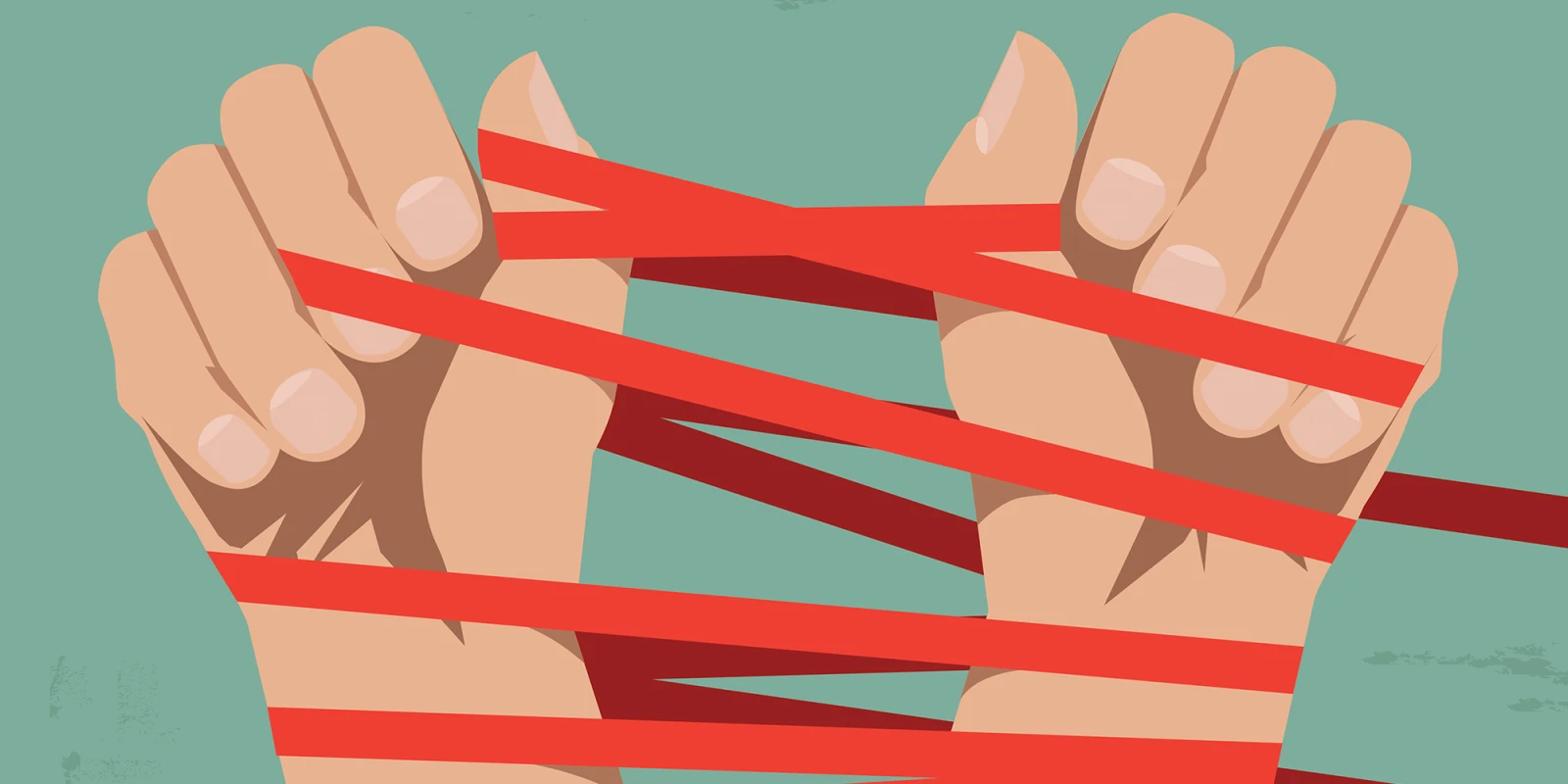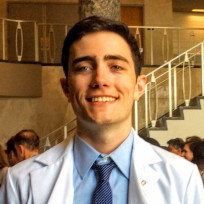
Today’s doctors are burned out. Recent research suggests that the prevalence of burnout, which has been rising steadily for years, is now over 50 percent. That half of physicians are suffering from burnout should concern anyone with a desire to improve our health care system. Burnout doesn’t just negatively affect the sufferer’s quality of life, it’s also bad for society as a whole. A burned-out physician may struggle to provide compassionate, patient-centered care, and for those doctors who take time off or leave medicine entirely, burnout worsens the country’s physician shortage.
A great deal of ink has been spilled on the causes of burnout and the reasons for its rapidly increasing prevalence. Our health care system is too complex for us to lay the blame at the feet of any one cause. Ask 10 doctors why they’re burned out and you may get 10 different answers. But if you look at the underlying currents that shape the ways health care has changed in recent decades, there is one persistent trend. This trend is a plausible contender for the biggest cause of increased burnout: the dramatic fall in physician autonomy.
Research on the determinants of an individual’s job satisfaction identifies autonomy—the freedom to decide for yourself how to accomplish tasks—as one of the most important contributors. Anyone who has had a micromanager for a boss can attest to its importance. And lack of autonomy worsens every other work-related problem because it takes away the means by which one might improve them. When physicians respond to surveys that ask them to name the causes of their burnout, lack of autonomy is often mentioned explicitly, along with related problems like spending too much time on charting and paperwork, and having to interface with the EHR more than patients.
Medicine has long been an attractive career path, in part because of its high degree of autonomy. The archetypal “General Practitioner” of decades past—who many lay people still imagine when they think of a doctor—was either self-employed or in a small and egalitarian partnership. He not only decided how to treat his patients but also which patients to take, how to document his clinic visits, when to refer and to whom. He controlled almost every aspect of his practice.
Compare that to a doctor today. For a family physician in a small private practice, there is a mountain of regulation that to contend with, in the form of both legislation and insurers’ billing and coding rules. For the large and growing number of physicians who are employed by hospital systems, there is an additional layer of bureaucracy, with constant quality improvement projects and hospital initiatives designed to improve important metrics. Today’s average physician works under a system of control that restricts her independence in virtually every aspect of her practice.
Each of these forms of regulation was instituted for important and sensible reasons. Legislation to protect patients, insurance rules meant to slow the rise in health care costs, and initiatives to raise the quality of care are all meant to serve the goal of making health care better. But the unforeseen and unintended consequence—the cumulative effect of regulation—is that the physician has less and less of a say in how he does his job.
Part of the reason that drastic reductions in physician autonomy haven’t caused more pushback from doctors themselves is the strong current of altruism that runs through the medical profession. Doctors are “supposed” to be selfless and put the wellbeing of their patients ahead of their own concerns. No one thinks very highly of the doctor who objects to a quality improvement project on the grounds that it reduces her independence. We’re all supposed to focus on the quality of the care we provide, and if the best way to improve care is to reduce autonomy, that’s a trade we should all be happy to make.
At some point, though, reductions in autonomy negatively impact care. If it’s true that decreased autonomy, and the reduced job satisfaction that follows, contribute significantly to the rising tide of burnout among physicians, which can lead to lower quality care and reduced access to healthcare, then it logically follows that anything that reduces physician autonomy will, all else being equal, worsen the quality of health care.
This doesn’t mean that anything that reduces physician autonomy should be rejected out of hand. Many rules and regulations have benefits to patient care that outweigh, or balance, their harms. But as restrictions on doctors’ autonomy continue to grow in number and scope, we will have to be honest about whether the direct benefits to patient care outweigh the cost of adding to the regulatory burden under which doctors already labor. If we continue to ignore the effect that each new restriction has on doctors’ wellbeing, the quality of medicine once enjoyed will become a relic of the past.
Austin Reifel is a third-year medical student at Ohio State University College of Medicine.







